
Transcription
Sanctifying Grace
Who amongst us can honestly say that we don't know what right is? Or that we are not innately attracted to it? Or that we don't know what evil is, and how something within us is repulsed by it? Because we were created in the image of God, who is by definition purity, goodness and light, we experience these aversions and attractions.
We hold such characteristics as loyalty, honor, justice, truthfulness and courage in such high esteem because we know it is the "right" thing to do in a given situation, even if all too often we fail to live up to such ideals. If we did not, we would never experience the feeling known as "guilt". We experience guilt only by virtue of the fact that we failed to do what we know we should.
Some of say we are "bad", we are "evil" and that we like being this way. That, in effect, we like evil and wickedness. This is a lie that needs exposure. Who likes it when a friend betrays and snitches on us? None. We don't even enjoy these qualities in third parties when the act has no effect on us. Who amongst us likes a bully that consistently picks on the weak and defenceless and absolutely refuses to engage someone that could cause him harm, no matter what they do? That's a coward, and none of us idolize such behavior, even if it's overlooked and tolerated a lot of times.
We could continue a list of examples indefinitely. The point to be made, however, is that the Law of God, that of Righteousness, is written on our hearts. It is a law that we would all like to emulate, whether we call it God's Law or not. And the point is that we all fall short in our pursuit of such qualities, even when we do, actually, pursue them.
Genetically, we are predisposed to act contrary to the ideal. Whether you label it Original Sin or genetic predisposition, we can all see the reality that we have an innate desire to do things in opposition to the 10 Commandments. We want to fornicate with our neighbor's wife, we want to covet and acquire more than anyone else, we want to avenge ourselves on our enemies. These are inborn defects we all have acquired at birth. The funny, and revealing, thing is, that while we may justify such acts when committed by ourselves, we readily identify them as undesirable when exhibited by other.
Sure, I would like to fornicate with as many women as possible, but when the same principle is applied to my wife or girlfriend, I want another rule to apply. To bring hell and bloodshed upon my enemies for any perceived injury seems like a rational response at the time, but when the shoe is on the other foot, or he has superior force to exact revenge for trivial slights, I can, and do, see the folly of that line of reasoning.
So we war with our flesh. Even when we see the beauty of pursuing the path of righteousness, we struggle to stay on the path. To compound the situation, we are stained by Original Sin in differing ways. Some of us are born with a genetic predisposition to alcoholism or drug addiction, some to a complete lack of anger/impulse control, some to sexual deviances, such as promiscuity or homosexuality or bestiality, and still others to a natural tendency to gluttony or sloth.
Science supports such concepts. It also acknowledges the power of the human will. Not every person born with a predisposition to drug addiction will succumb to such addictions. With enough effort, many of these inborn weaknesses and limitations can be struggled with and overcome.
But we cannot overcome all of them all the time. Sooner or later we will all fall short. Perhaps this was one of the reasons that God gave the ancient Israelites the 10 Commandments. Apart from the obvious fact that such rules are absolutely necessary for the survival of any society in which men must live amongst each other, it would also expose any weaknesses inherent within us that we might never have discovered had we not been given an inducement to do so. Surely God must have known that we were incapable of fulfilling the Commandments, but just to ensure our attempts, he listed out a numerous listing of blessings if we complied with them and a correlating list of curses for disobedience.
Then He waited for us to discover that apart from His help, it was impossible for us. For however many thousands of years between the Law and Christ, the Israelites failed to produce a single specimen that had accomplished the feat of complete obedience. And why is that?
Again, science even now supports the fact that human willpower is a finite measurable form of energy. Roy Baumeister, a psychologist at Florida State University, co-authored a book with John Tierny - Willpower: Rediscovering the Greatest Human Strength. In the book, through scientific experimentation he proves that willpower is a measurable, finite form of energy capable of being depleted and/or renewed. He proved this by ordering subjects to refrain from committing a tempting act that they were inclined to want to commit. This alongside a group of subjects that were not inclined to so refrain.
Then he subjected them to tests that would require the use of willpower to complete. His tests showed that the subjects that had exerted and depleted their reserves of willpower previously by abstaining from acting when they wanted to do so, gave up on the tests long before those who did not so refrain. Which proved that willpower was drained in the first subjects.
So our willpower fails to make us obedient in our struggle for Virtue and obedience to God's Law. But this was His plan from the beginning. The New Testament states, "...that when the fullness of time had come, God sent His son, born of a woman...". This as the Savior that would supply us the grace to achieve salvation.
Jesus came to give Himself and His Spirit to empower us where we were and are weak. While the events of His life had actually occurred in history, many, if not all of them had symbolic meaning to convey deeper truths for us to understand. His Baptism, for instance - first off He had no need of Baptism to cleanse His sins, as John so aptly pointed out to Him. Secondly, He had no need for the Holy Spirit to descend on Him in the form of a dove, as He was God, and His Spirit was the Holy Spirit.
This was for our understanding. It was meant to illustrate that our sins and past misdeeds would be removed by the baptism in water and that at baptism, we would receive a portion of the Holy Spirit within us.
What is the meaning of this Spirit we had received? It is intimately connected with our understanding of Grace, especially in this instance, Sanctifying Grace.
To return to the original discussion about the internal war against our will and the desires of the flesh. We clearly have seen and can see in our lives, that it is difficult and impossible to overcome our innate desires and live according to higher principles on our own. Try as we might, we are just not powerful enough on our own.
This is where Grace comes in. Grace is like an extra boost to our willpower, when we attempt to complete God's Will, of course. It still requires our co-operation, it still requires our effort, it still requires a struggle. Yet when, for example, we are struggling with a desire not to exact revenge on an enemy, the Spirit will assist us when and where we would have failed. Where we would have given in to lust, or greed, with the help of the Spirit, Grace, we may be empowered to hold out a little longer. This is not to say that we will always overcome. We may indeed still fail at times, and this is because we have not been given a great portion of the Spirit. We may indeed be like the stewards of the proverbial talents, some of whom had been given many talents and some given little. To those who had made the most use of their talent, they were given more, to those who misused them, or failed to use them, even the little they had was taken back.
This will show us how our walk with God is able to progress. While we will still struggle and fail to live up to the Commandment of Christ, in time, if we fight the good fight, he will increase our portion, and in time we will begin to see a previous unbeknownst ability to persevere in situations in which we could not persevere in before. Slowly but surely, our willpower will be emboldened and empowered to beat back and overcome our genetic weaknesses of the flesh. We will slowly but surely begin to crucify our innate and wayward disposition.
This requires effort on our part. If we don't consciously will and put forth effort to fight against our fleshy tendencies, are we not the equivalent of the who buried his talents in the ground? Will not God take back a portion of His Spirit and place it where it will be better be put to use? Will your body not be like the temple that was swept clean and put in order only to once again be inhabited by demons?
So be of good cheer. Yeah, we're presently outmatched, and the fight does indeed look grim, but keep up the resistance, reinforcements are on the way! And God willing, we will overcome, we will become better people, we will become all those qualities that we strive to become, a person that we can be proud of, and not ashamed of...
Chris Hall
Other posts by this author
|
2018 feb 12
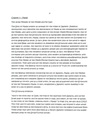
|
2017 dec 21
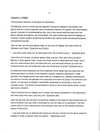
|
2017 nov 28
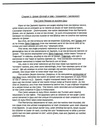
|
2017 sep 2
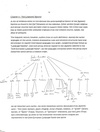
|
2017 aug 20
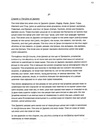
|
2017 jul 23
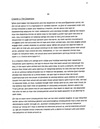
|
More... |
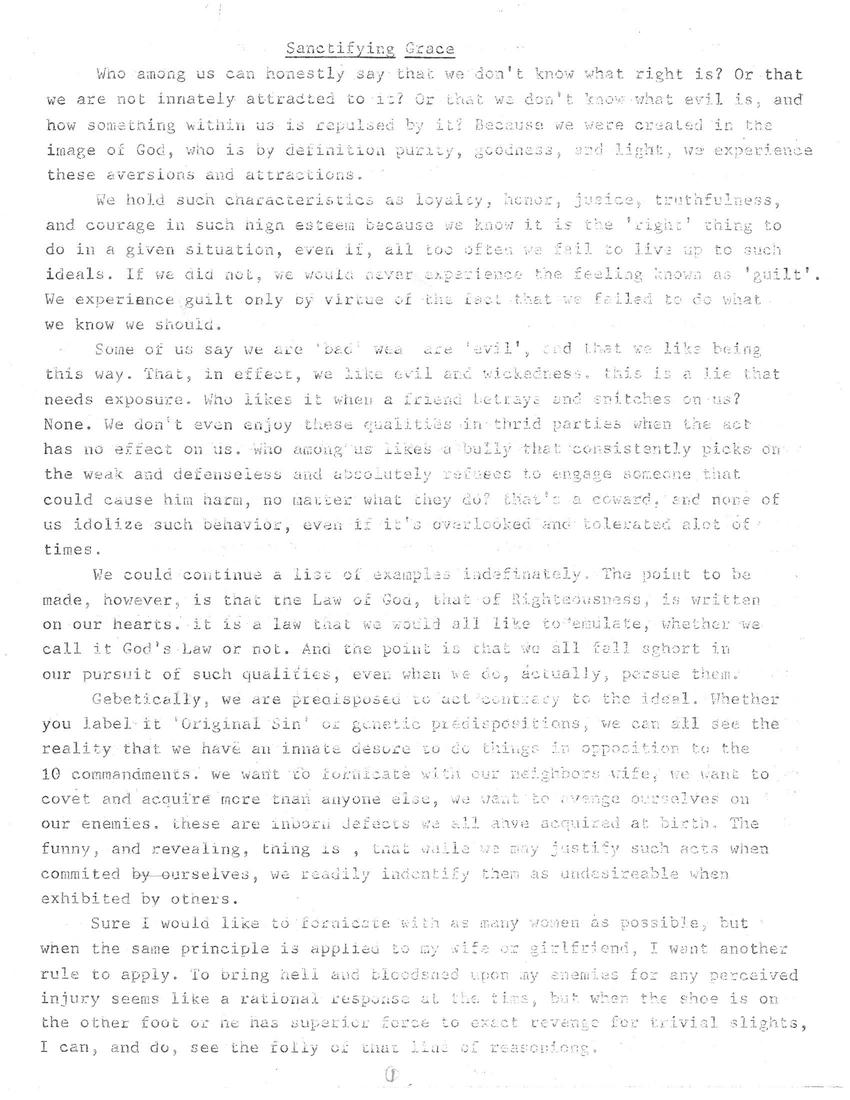
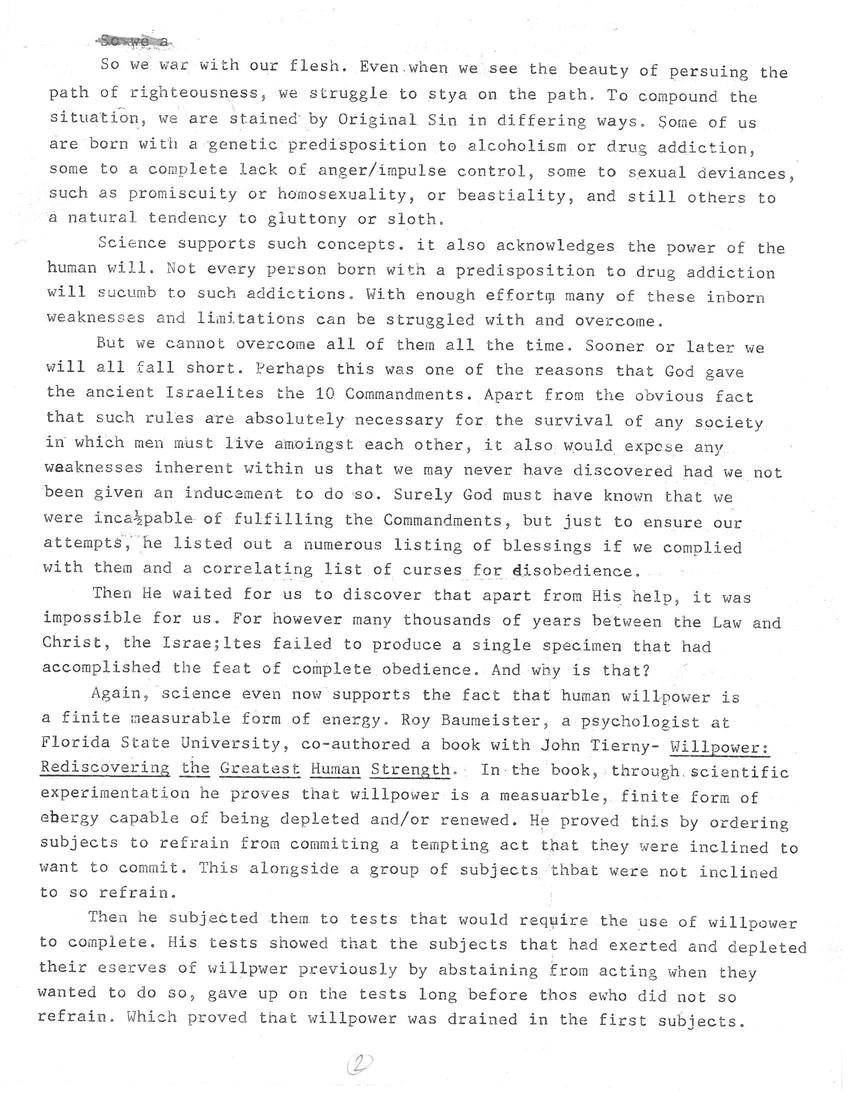
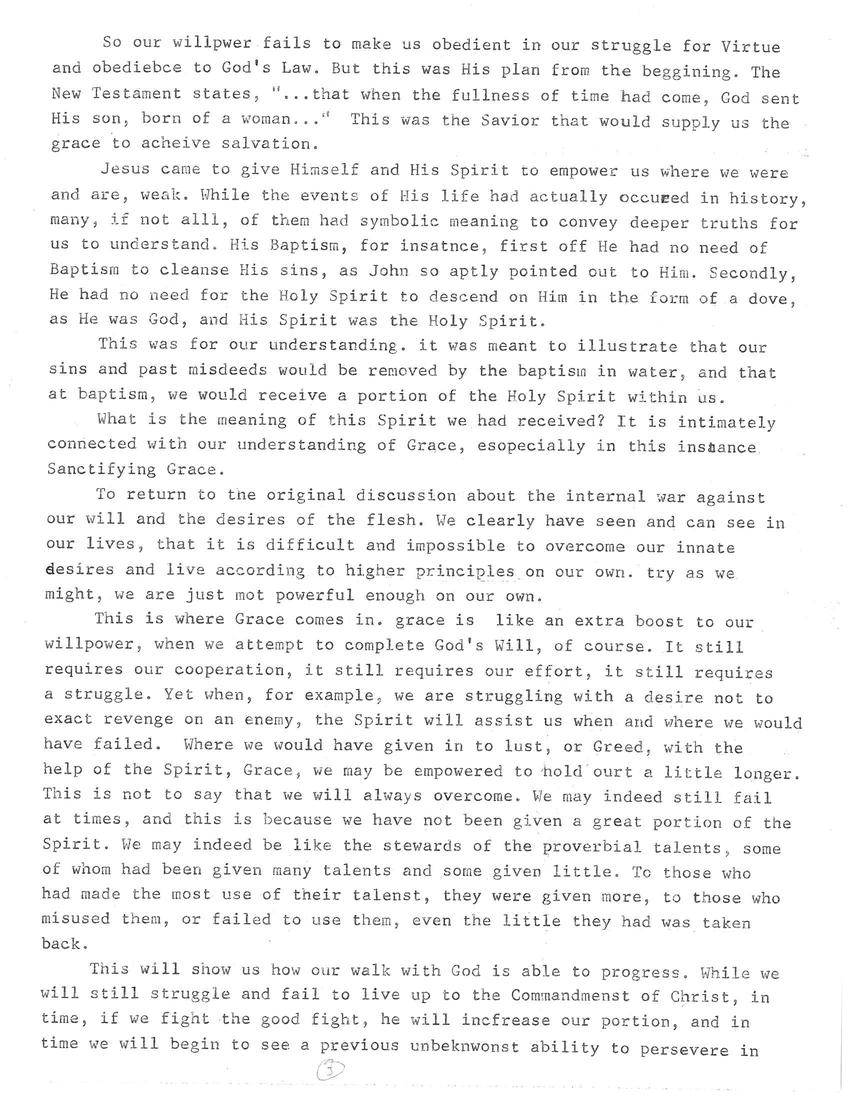
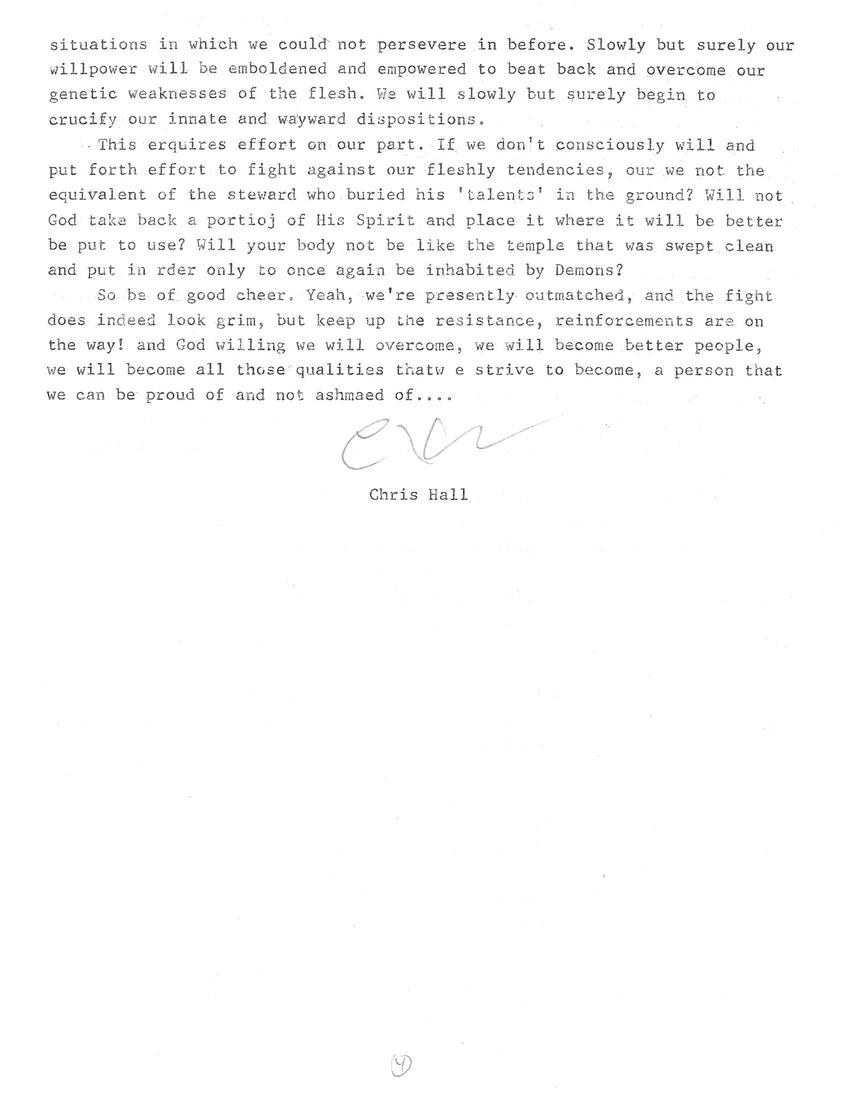

Replies